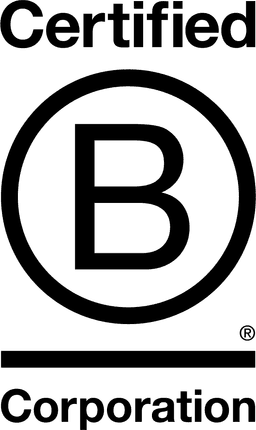

Ticketebo

1.6
Victoria, Australia
September 2025
Web portals
Service with Minor Environmental Footprint
Australia,
United Kingdom
Ticketebo delivers certified carbon-neutral event ticketing & entry solutions that combine market-leading technology, value & service. Our local teams provide expert advice & 7-day support, with a fully managed service that makes ticketing a breeze for Event Organisers & their patrons. We care deeply about the planet & believe it’s our responsibility to leave the world better than we found it. This matters even more in the events industry, where large gatherings can carry a significant carbon footprint. Through our Trees for Change program, every SMS paperless ticket funds up to three verified trees in world-class reforestation projects. These trees restore ecosystems, capture carbon for decades, & support the communities who care for them. By 2028 we’ll have planted over 500,000 trees, & we’re well ahead of schedule. At Ticketebo, ticketing is more than selling tickets online or at the gate. It’s about making events run seamlessly while enabling solutions for large events to be delivered in ways that respect & protect the environment. That’s why we combine leading tech, trusted service & a strong commitment to sustainability to deliver: success for Organisers; a great experience for Patrons; & a lasting positive impact on the Planet. Ticketebo: Your ticket to a better planet.
Overall B Impact Score
Governance 20.8
Governance evaluates a company's overall mission, engagement around its social/environmental impact, ethics, and transparency. This section also evaluates the ability of a company to protect their mission and formally consider stakeholders in decision making through their corporate structure (e.g. benefit corporation) or corporate governing documents.
What is this? A company with an Impact Business Model is intentionally designed to create a specific positive outcome for one of its stakeholders - such as workers, community, environment, or customers.
Workers 29.0
Workers evaluates a company’s contributions to its employees’ financial security, health & safety, wellness, career development, and engagement & satisfaction. In addition, this section recognizes business models designed to benefit workers, such as companies that are at least 40% owned by non-executive employees and those that have workforce development programs to support individuals with barriers to employment.
Community 20.3
Community evaluates a company’s engagement with and impact on the communities in which it operates, hires from, and sources from. Topics include diversity, equity & inclusion, economic impact, civic engagement, charitable giving, and supply chain management. In addition, this section recognizes business models that are designed to address specific community-oriented problems, such as poverty alleviation through fair trade sourcing or distribution via microenterprises, producer cooperative models, locally focused economic development, and formal charitable giving commitments.
Environment 13.2
Environment evaluates a company’s overall environmental management practices as well as its impact on the air, climate, water, land, and biodiversity. This includes the direct impact of a company’s operations and, when applicable its supply chain and distribution channels. This section also recognizes companies with environmentally innovative production processes and those that sell products or services that have a positive environmental impact. Some examples might include products and services that create renewable energy, reduce consumption or waste, conserve land or wildlife, provide less toxic alternatives to the market, or educate people about environmental problems.
Customers 3.5
Customers evaluates a company’s stewardship of its customers through the quality of its products and services, ethical marketing, data privacy and security, and feedback channels. In addition, this section recognizes products or services that are designed to address a particular social problem for or through its customers, such as health or educational products, arts & media products, serving underserved customers/clients, and services that improve the social impact of other businesses or organizations.